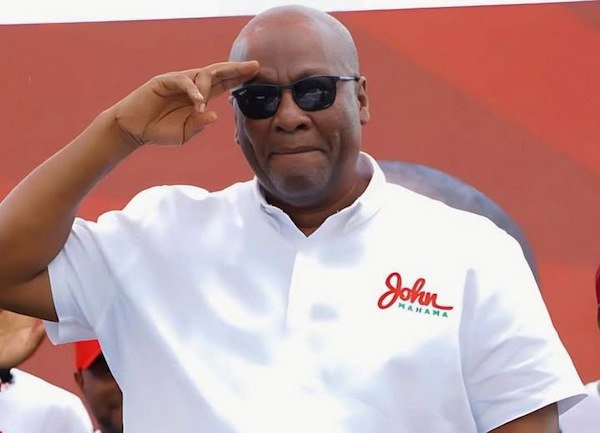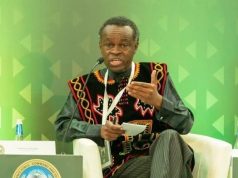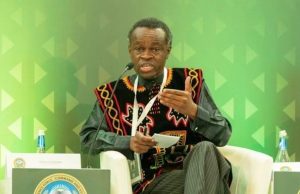President John Dramani Mahama has issued a stern directive to his cabinet and senior officials, declaring his current term a pivotal opportunity to cement his legacy through tangible achievements.
Speaking at an executive leadership retreat in Ada on April 24, Mahama emphasized accountability, innovation, and fiscal prudence as non-negotiable priorities for his administration.
“This is my legacy term. I intend to make it count,” Mahama stated, urging appointees to prioritize problem-solving over political maneuvering. “You were not appointed to occupy space, but to solve problems. The Ghanaian people expect results, not excuses.” He cautioned against wasteful spending and self-interest, stressing that public funds must be managed “wisely and judiciously” to serve citizens’ needs.
Central to his agenda is a forthcoming policy aimed at boosting Ghanaian control over natural resource exploitation. “We will develop an indigenization program to ensure local participation in sectors like mining and energy,” Mahama announced, framing the initiative as a step toward economic self-reliance. Details remain undisclosed, but the plan is slated for rollout within months.
The retreat also featured remarks by former Nigerian President Goodluck Jonathan, who questioned the efficacy of four-year presidential terms in West Africa. “What can someone achieve in four years? Most African nations opt for five-year mandates,” he noted, highlighting Nigeria and Ghana as outliers. His comments sparked debate among attendees about balancing democratic accountability with developmental timelines.
Mahama’s focus on legacy-building comes amid mounting public scrutiny over delayed infrastructure projects and economic challenges inherited from his previous tenure. Analysts view his emphasis on data-driven decision-making as a response to critiques of past policy inconsistencies. With general elections approaching in 2026, the administration’s ability to deliver on promises like the indigenization program could shape voter sentiment.
The president’s call for ministers to “champion innovation” aligns with broader regional trends, where leaders face pressure to diversify economies reliant on volatile commodity markets. However, skepticism persists about implementation capacity, given bureaucratic hurdles and funding constraints. As Ghana navigates these challenges, Mahama’s legacy may hinge on bridging the gap between ambition and execution in a political climate where time and public patience is limited.
Send your news stories to newsghana101@gmail.com
Follow News Ghana on Google News

















